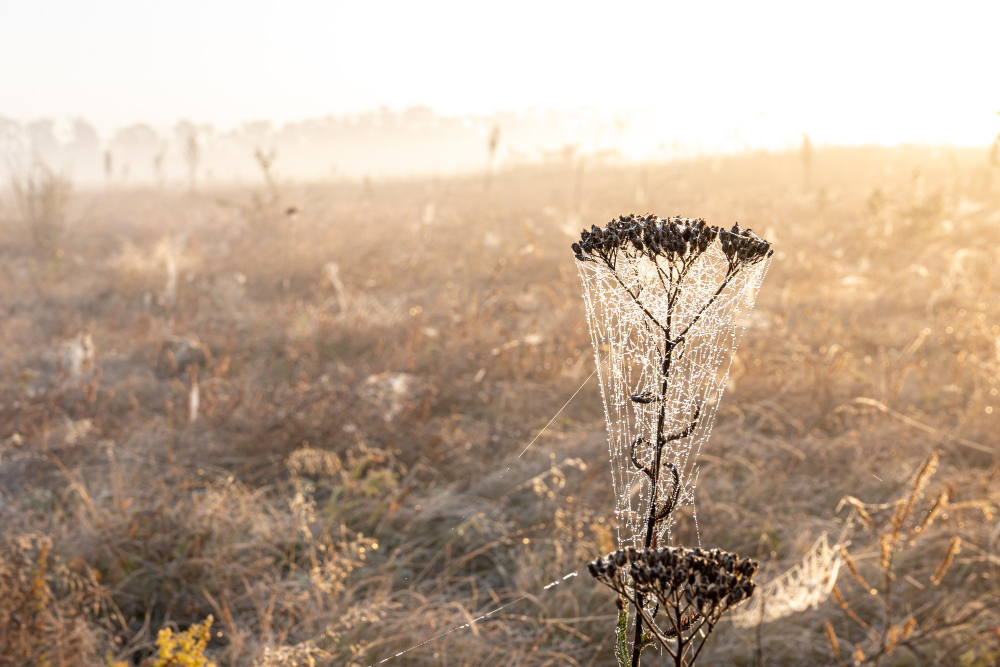
This is Robin
Robin is a pseudonym, used to protect the privacy of a minor.
He is autistic, with a PDA profile.
He needs autonomy, precision, and trust—or he shuts down.
Robin is bright, sensitive, and inventive.
His giftedness makes peer connection harder.
A fragile success
Last spring, Robin was thriving—with dedicated support staff.
In September, he returned to school with no support in place.
By December, staff claimed his survival meant he didn’t need help.
They mistook endurance for equity.
The fallout
Robin began melting down and eloping.
He hurt friends and felt ashamed.
His thoughts turned dark.
His sister, Lily, developed stomach pain and struggled to eat.
Still—no plan. No consultation.
Only generic accommodations were offered, which didn’t meet Robin’s needs.

The law is clear
Robin’s disability was known.
Under the BC Human Rights Code, schools must investigate barriers, consult families, and create a plan to ensure access.
The school would say they did everything to accomodate.
But they offered watered-down strategies, refused to consult, and ignored expert guidance. He got one-size-fits-all.
Robin needed targeted support from a one-to-one support with a trusting relationship.
Accommodation isn’t a checklist. It’s a relationship.

Mayhem and burnout
The classroom became chaotic, unsafe, and unkind. Robin refused to go. Lily stopped eating. Learning stopped.
Staff lacked training. They were unsupported and overwhelmed.
Everyone was in distress.

The family cost
Their parents filed an appeal. Used up sick leave. Cut work hours. Poured savings into care the school refused to provide.
They did everything right.
The system did not.

